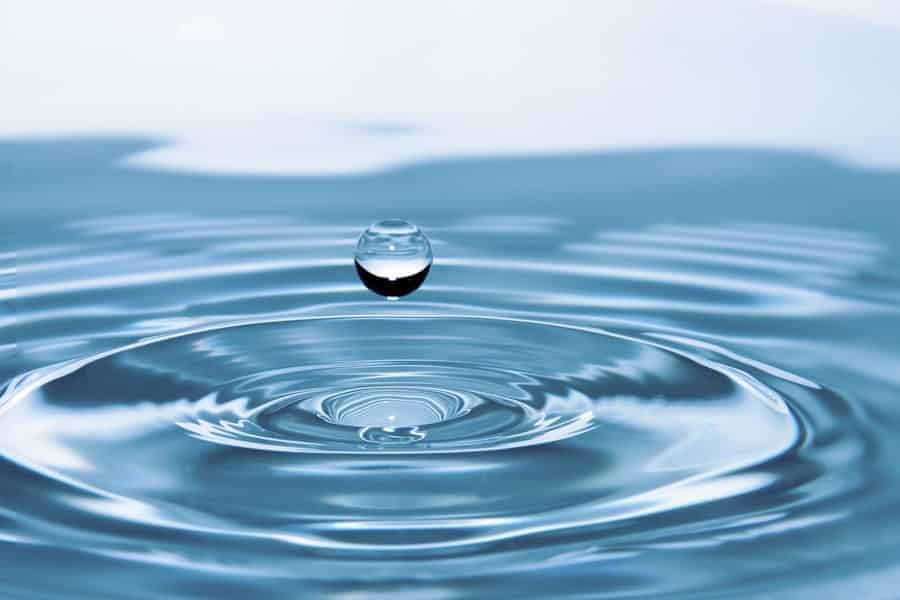
Water contamination can harm the health of families and communities. Harmful chemicals in drinking water can make people sick. These problems can include cancer, liver damage, and delays in a child’s development. These effects can last long and make life harder for many people. Many people are unaware that they have legal rights if their water has been contaminated. The law is there to support people and communities who have unsafe chemicals in their water. Whether contamination is caused by industrial activity, agricultural runoff, or faulty waste disposal, those affected may be able to seek compensation. Filing a legal claim can help with medical costs, property damage, and other losses from the contamination.
Understanding Water Contamination
Water contamination occurs when pollutants, chemicals, or toxins enter a water supply, making it unsafe to drink. This can happen through industrial waste, farm chemicals, or even old, leaking pipes. Harmful substances like lead, PFAS (per- and polyfluoroalkyl substances), and heavy metals have all been found in contaminated water supplies. Many times, people do not realize their water is contaminated until they experience health issues or see news reports about the problem. Being around these contaminants for a long time can cause significant health problems. Contamination can also affect property values, as homes located near polluted water sources often see their value drop significantly.
Legal Protections Under Environmental Laws
There are several laws in place to protect individuals from water contamination. One of the most important is the Clean Water Act, which regulates the discharge of pollutants into the water. The Environmental Protection Agency (EPA) ensures industries follow rules to keep water clean. The Safe Drinking Water Act helps keep our water clean and safe to drink. It requires local water systems to test and treat their water to keep it safe. When companies or individuals violate these laws and contaminate water supplies, they can be held liable in court.
Filing a Lawsuit for Water Contamination
If your water supply has been contaminated, you may have the right to file a lawsuit. These cases often happen when someone doesn’t take the proper steps to prevent contamination. Groups affected by the same issue sometimes come together in a class action lawsuit. Compensation from these lawsuits can cover medical expenses, lost income, property damage, and other costs related to the contamination. When filing a water contamination case, showing how the polluted water affected your health or property is essential. Collecting things like water test results and medical records to support your case is essential.
Holding Polluters Accountable
When water contamination occurs, it is important to hold those responsible accountable for their actions. Many times, contamination is the result of large corporations dumping chemicals or waste into the environment. These companies may try to avoid responsibility, but the legal system allows affected individuals to seek justice. Taking them to court can help the company own up to the damage they’ve done. It can also help you get the compensation you deserve and remind other companies to follow environmental rules. If companies are held accountable, it can help prevent future contamination.
Getting Legal Help for Water Contamination Cases
Water contamination cases can be complex, and it is important to have legal representation that understands environmental law. Lawyers experienced in toxic exposure can support you through the legal steps and help build a strong case. They can work with experts to prove that the contamination caused your health issues or property damage. Many law firms offer free consultations for water contamination cases, allowing you to understand your rights without any upfront costs. Taking legal action may seem overwhelming, but with the right legal team, you can fight for the compensation and justice you deserve.
If your water is contaminated, you have rights that can protect you. Environmental laws like the Clean Water Act ensure that polluters face consequences. Legal action can help cover medical bills, property damage, and other costs from the pollution. Having a lawyer can make this process easier, as it’s often complicated. Knowing your rights means you can take steps to protect your health, home, and community. Taking swift legal action is often necessary to get the justice you deserve and prevent further harm.





